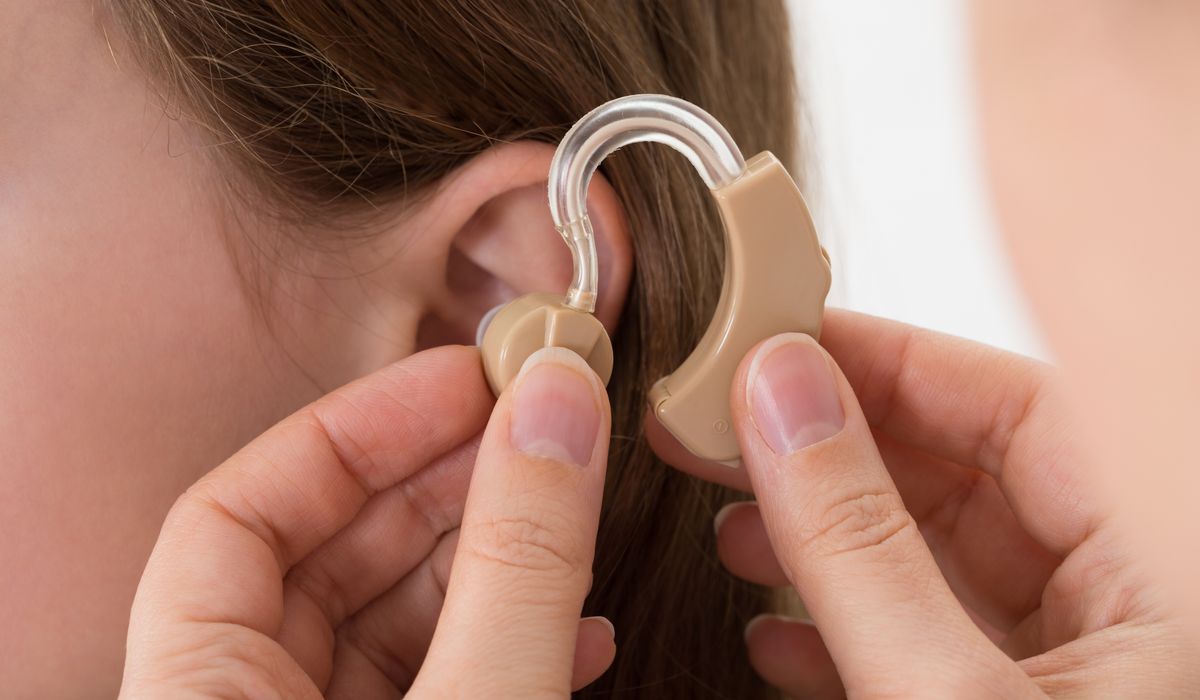


Hearing-impaired adults are nearly twice as likely as those with healthy ears to have chronic fatigue starting in middle age as they strain to process sounds, a study has found.
Five researchers published the study Thursday in JAMA Otolaryngology — Head and Neck Surgery. They examined the responses of 3,031 people 40 and older to a national health survey administered between 2015 and 2018, including 2,318 people with normal hearing and 713 with hearing loss.
Among respondents with hearing loss, 12.7% said they experienced fatigue “nearly every” day over two weeks, compared to just 7% of adults with normal hearing who reported the same.
The study is the first national research confirming that the “concentration and energy” that hearing-impaired people use to pick up sounds damages their long-term health, said audiologist Nicholas S. Reed, a co-author of the report and assistant professor at the Johns Hopkins University Bloomberg School of Public Health.
“Specifically, compared to those without hearing loss, those with hearing loss had nearly two times the risk of reporting they felt tired nearly every day relative to reporting no fatigue at all in the last two weeks,” Mr. Reed told The Washington Times. “This might help explain how hearing is also associated with other health outcomes among older adults such as decreased physical activity, poorer mental health, and cognitive function.”
The study found that adults with hearing loss were more likely than others to experience fatigue independent of other potential risk factors like overall health, depression, age, sex, smoking, drinking, occupation and noise exposure.
“Fatigue is a lingering feeling of tiredness and exhaustion and is associated with impaired cognitive function, worse psychosocial well-being, and decreased quality of life,” the researchers wrote.
According to Mr. Reed, trying to hear sounds with hearing loss is like listening to a “bad cellphone signal,” with “bits and pieces of information” coming through that are difficult to process.
While the study did not examine whether hearing aids relieve the ensuing sound fatigue, he said the research team recommends them as a possible solution.
“An important caveat here is that using hearing aids themselves can be fatiguing,” Mr. Reed said. “It takes a lot of learning and energy to get used to using hearing aids, as they are not corrective like glasses.”
• Sean Salai can be reached at ssalai@washingtontimes.com.
